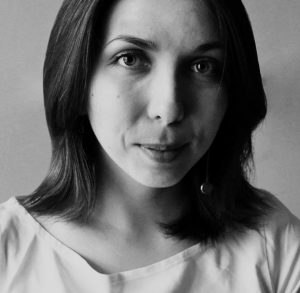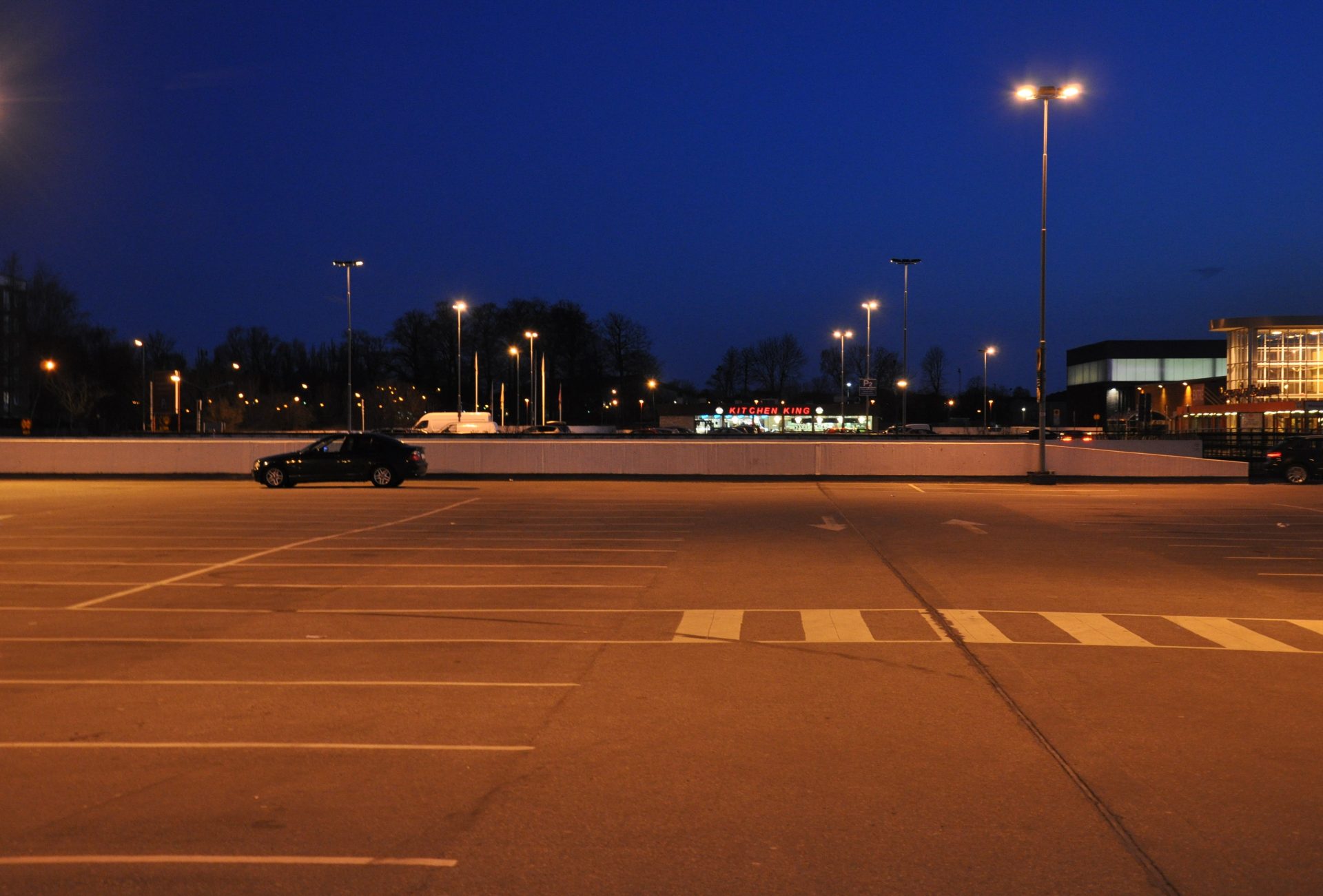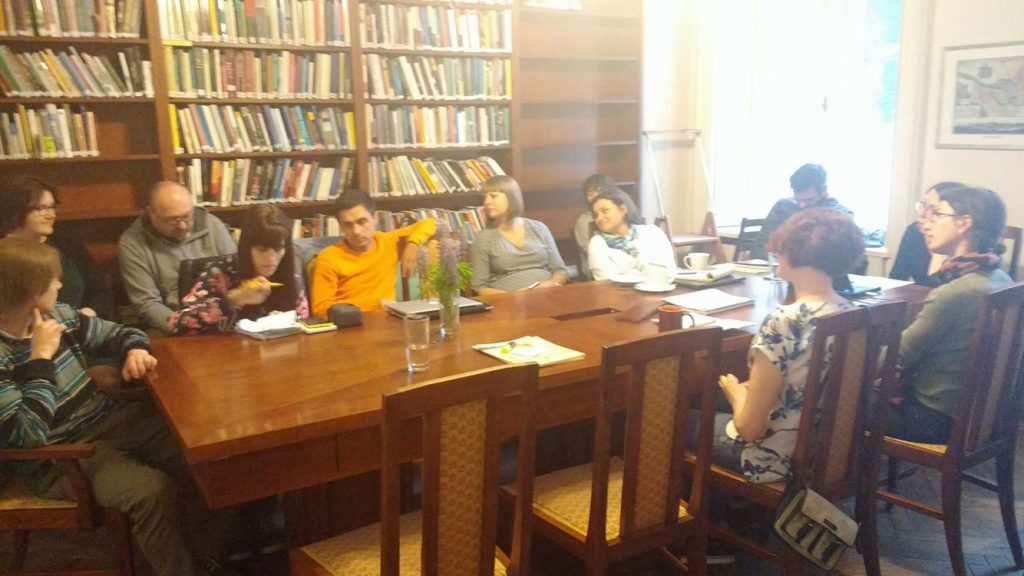European Peripheral Cityscapes: Multiple Narratives on Co-Housing
Natalia Mysak
Center for Urban HistoryMay 16, 2018 / 4.00 pm
Library, Center for Urban History
Mass housing construction was a response to the burning housing problem emerging in Europe after the WWII and was related to industrial restructuring. Modernist approaches in urban planning and architecture aimed at modernization of lifestyles of urban citizens and were interpreted differently in different political contexts became "universal" means to address a housing issue. Large-scale residential estates appeared within the structures of many cities (and mostly on their peripheries) across Europe, and in many cases, they remain an important component of the housing stock. However, the quantitative response to the housing problem of the late 20th century transformed into a new issue in the 21st century in terms of contemporary social challenges and ways of co-living in cities. The transformation scenarios of modernist housing estates are often guided by crucially different trends and are largely context-based.
Natalia Mysak’s study offers the comparison of mass housing in Ukrainian and in Swedish contexts as illustrated by the large scale housing estates of Sykhiv in Lviv and Rosengård in Malmö, alternatively changing the lens from macro to micro, taking into account the interdependence between the physical form, spatial practices, and estates’s representations.
The meeting will discuss the conducted research and a series of essays to be written on the basis of the study to combine verbal and visual languages. They will rather serve as attempts to locate the relevant issues on the development of the housing estates constructed by similar principles but in different contexts. They will touch upon the identity of the mass architecture, and upon the distance between the built environment and the narratives about it.

Natalia Mysak
is an architect and researcher at the Center for Urban History. She completed master studies (2011) and post-graduate studies (2017) in the Institute of Architecture of the Lviv Polytechnics National University, and had an internship at Vienna Technical University (2013), and at the Department of Urban Studies at Malmö University, as part of the Visby program (2015/2016). The topic of her thesis is “Identity Formation of Large-Scale Housing Estates built in 1960-80s in Europe.” Her interests also include visual practices and photography as tools for studying places. She was engaged in designing public spaces in Lviv based on the participatory planning principles.
The event has a format of a workshop, with the guest researchers to discuss academic projects and research works on different stages of progress, and of the completed projects prepared for print.
Participation in the Urban Seminar implies reading and discussing the researcher’s text. If you wish to join the workshop, please, send an email to Iryna Sklokina ([email protected]) to receive the materials in advance.
Credits
Сover Image: Natalia Mysak

